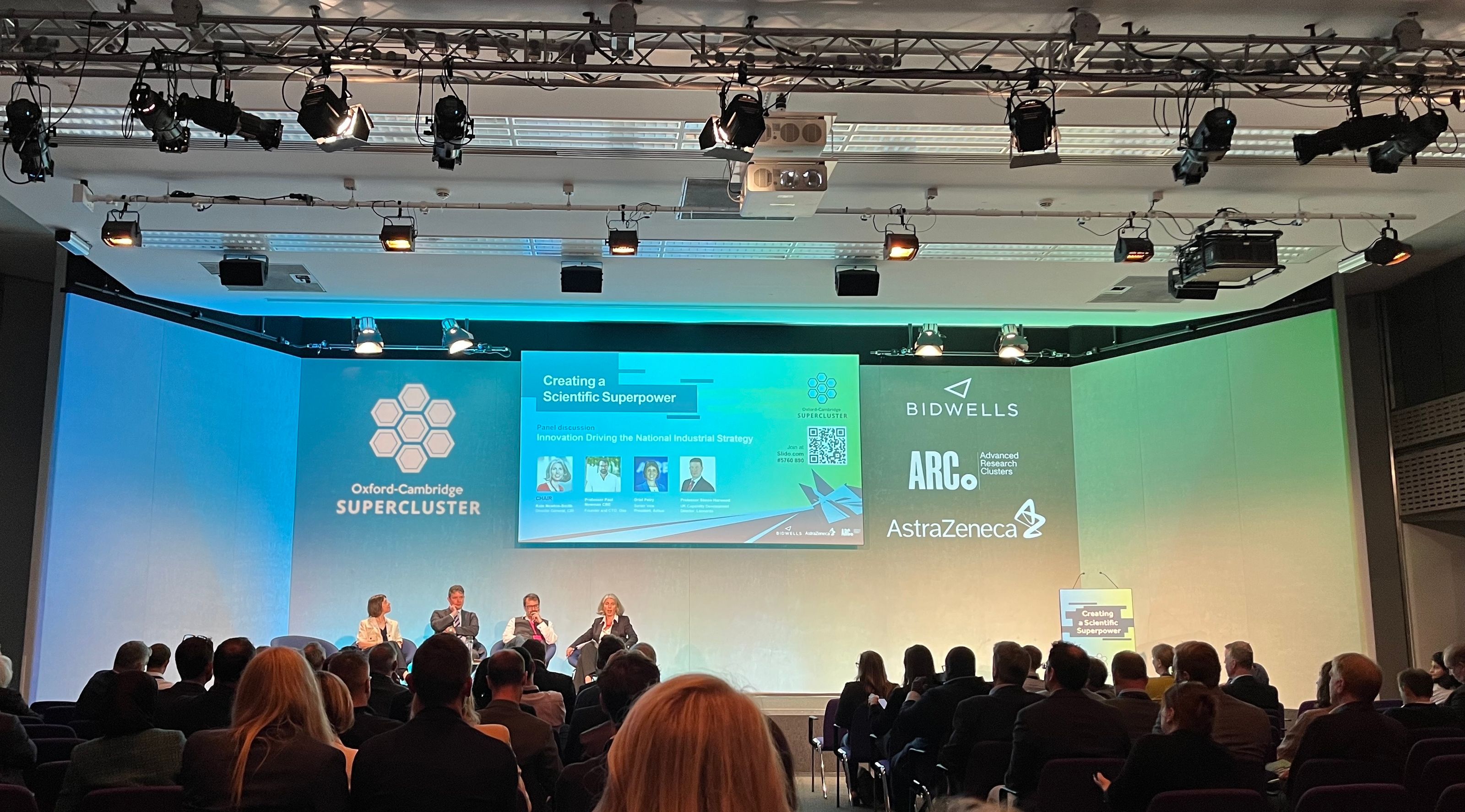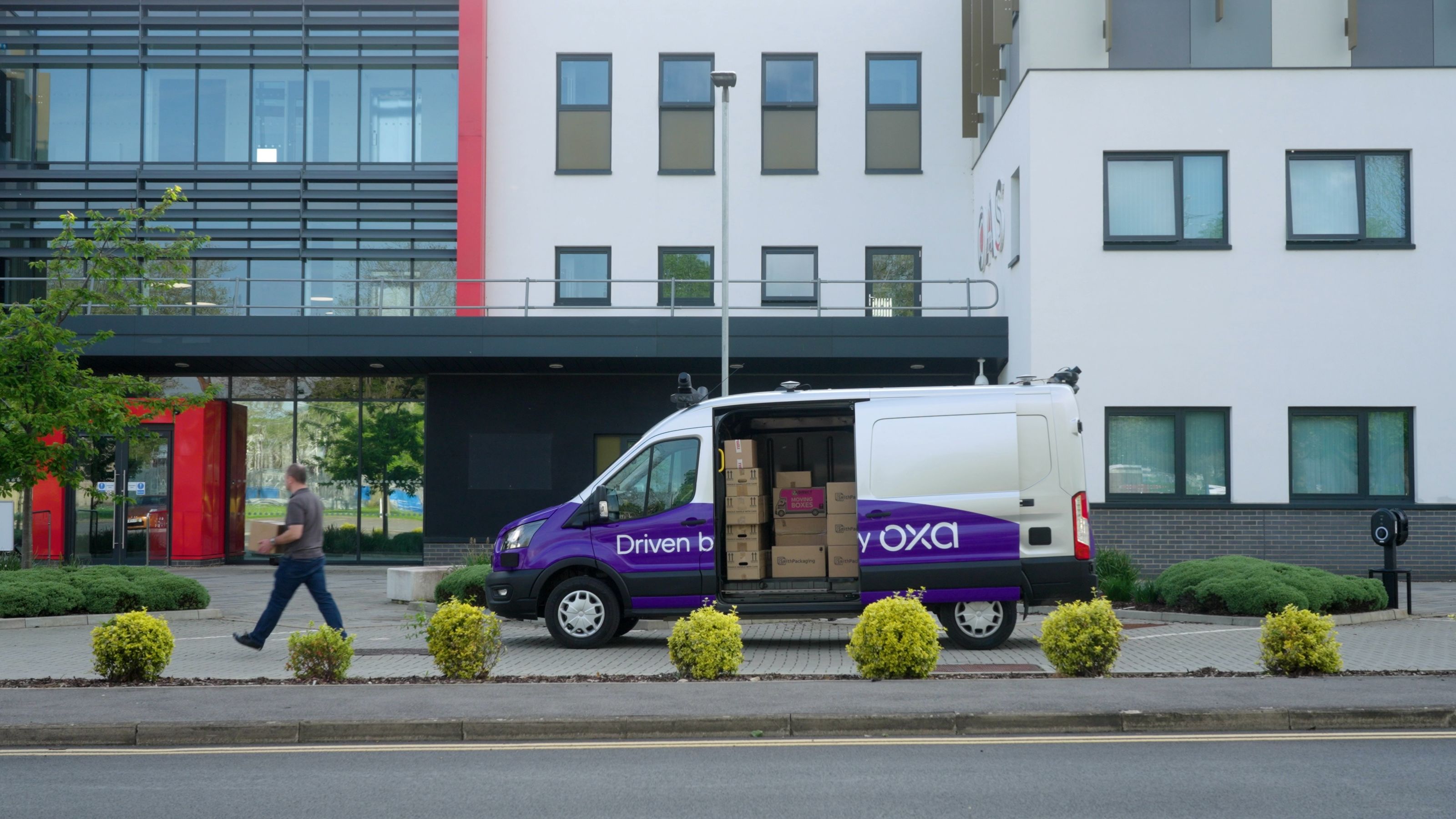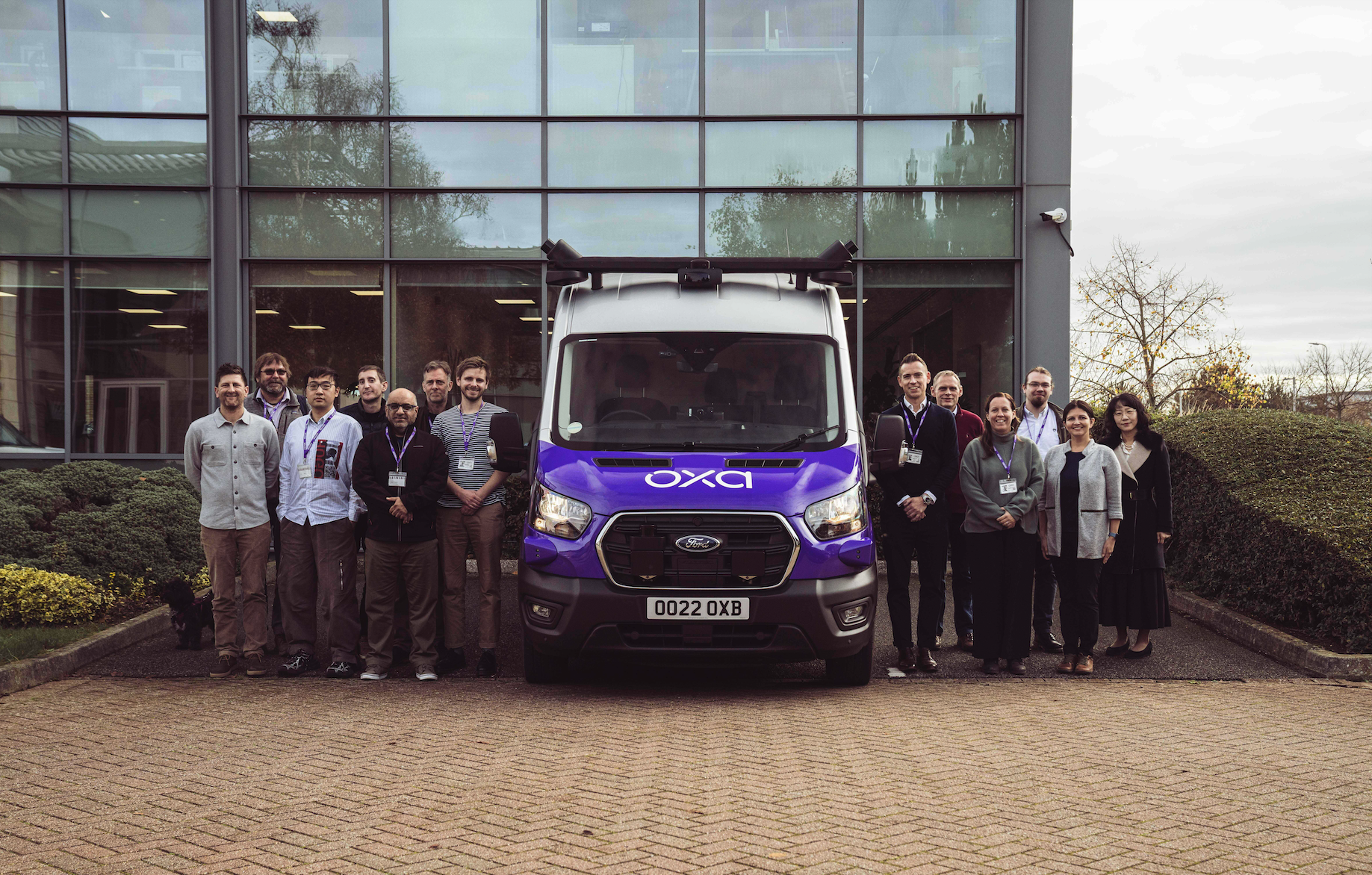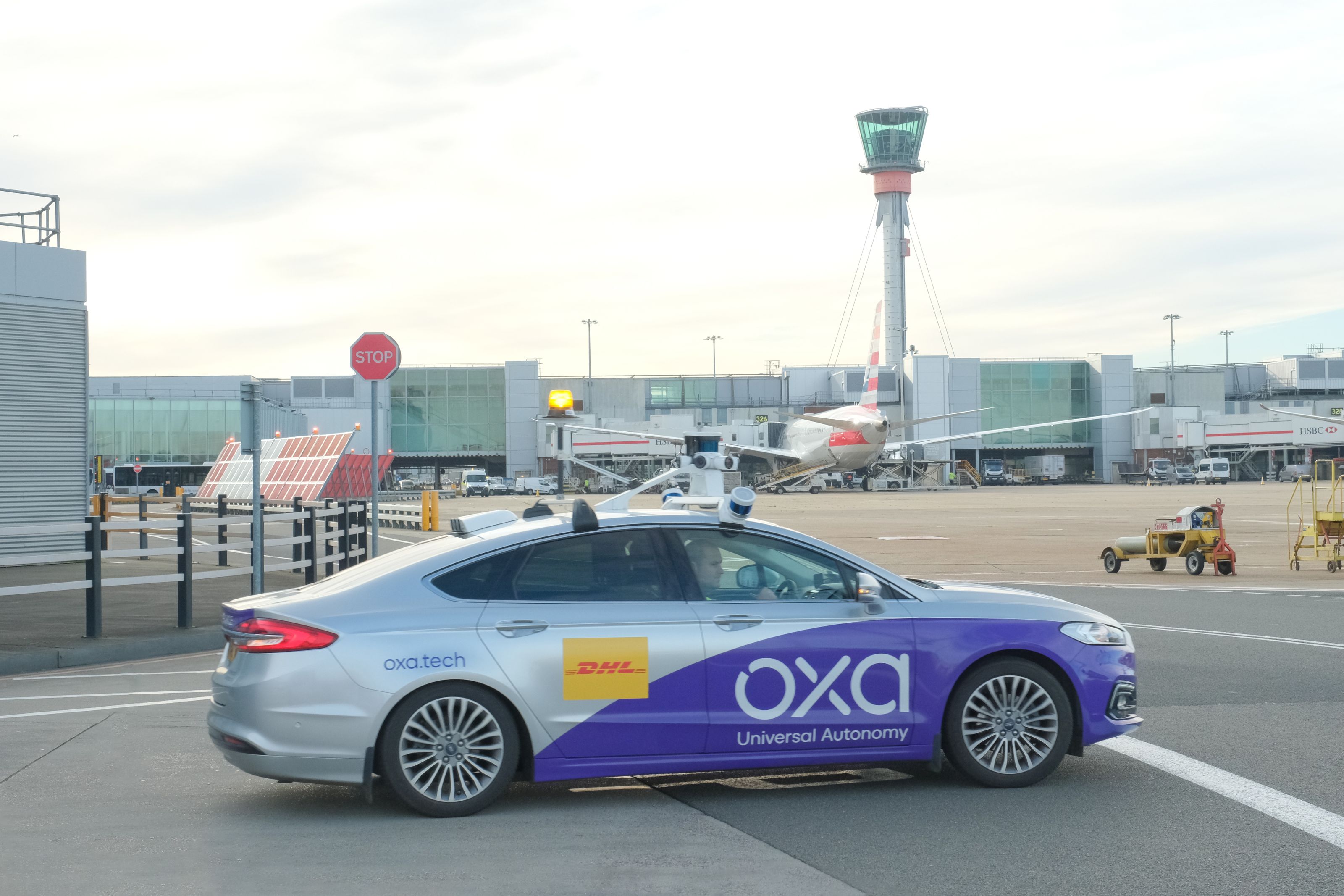From Supercluster to Superpower: Fuelling UK Innovation in the Age of Industrial Mobility Automation

The UK has bold ambitions: to become a scientific and economic superpower.
And the recent ‘Creating a Scientific Superpower conference’, organised by the Oxford-Cambridge Supercluster, served as a vital platform to discuss the UK Government's National Industrial Strategy. This initiative is designed to drive economic growth, foster innovation, and secure the nation's prosperity. It strategically prioritises energy, advanced manufacturing, digital technologies, and transport. The goal is to stimulate growth, generate taxpayer returns, attract private capital, and create high-skilled, well-paying jobs across the UK, with the National Wealth Fund investing in projects like carbon capture, green hydrogen, and gigafactories.
Professor Paul Newman CBE, Oxa's co-founder and CTO, joined the session, ‘Innovation Driving the National Industrial Strategy’, and shared his experience in translating academic expertise into industrial impact, offering crucial insights into fostering UK innovation.
Oxa's Role in the National Industrial Strategy
1. Driving Advanced Manufacturing and Digital Leadership
As a leading UK-based autonomous vehicle (AV) systems company, our vehicle-agnostic technology will be transforming how vehicles are designed, manufactured, and operated.
Oxa is a deep-tech company specialising in AI and complex digital systems for autonomy. This makes us a key contributor to the ‘digital and technologies’ sector, advancing critical AI capabilities. Our technological depth perfectly aligns with the strategy's emphasis on cultivating cutting-edge industries.
By enabling a wide range of vehicles to become self-driving – from electric vans to industrial tow tractors – Oxa directly contributes to the advanced manufacturing sector. Large-scale commercial deployments are needed to build investor confidence and prove the business case for companies operating in the UK. The government strategy should continue to ensure the UK is a maker, and not a taker in the AV space. This requires a persistence of thought on regulatory issues but also the wider automotive technology sector and supply chain. The UK should be our first and best customer.
2. Revolutionising Transport and Logistics
The National Industrial Strategy explicitly identifies transport as a priority sector. Oxa's solutions are already transforming the efficiency and sustainability of moving goods and people, directly addressing operational inefficiencies in transportation.
- Streamlining Industrial Operations: Oxa's collaborations with partners like Bradshaw EV and Terberg, and our work in airside logistics at Heathrow Airport and container movements at the Port of Rotterdam, showcase the potential to make logistics more streamlined and cost-effective. Autonomous solutions are improving efficiency, safety, and operational resilience in critical supply chains and manufacturing sites, boosting overall economic productivity.
- Transforming Public Transport: Projects like the Sunderland Advanced Mobility Shuttle (SAMS), for which Oxa was the autonomy provider, demonstrate how autonomous passenger shuttles can enhance urban connectivity, reduce environmental impact, and provide more efficient, sustainable public transport options. This is a direct win for the government's goals of improving public transport and fostering cleaner mobility. Integrating AVs into local transport systems can improve connectivity and foster economic development, and facilitating large-scale deployments of automated transport services is crucial. However, AV technology still needs to be integrated into transport and infrastructure policy, particularly within bus franchising frameworks.
3. Fuelling Economic Growth and High-Value Job Creation
By developing and deploying our cutting-edge AV software, Oxa significantly contributes to the creation of high-value jobs across the UK in research, development, engineering, and the deployment of autonomous systems. Investment in skills and attracting talent is essential, and the government must invest in both education and training programmes tailored to the AV industry.
4. Cementing UK Leadership and Building Global Trust
Oxa's success in attracting substantial investment, both domestically and internationally, serves as a powerful testament to the potential of the UK's AV sector. Additionally, Oxa's dedication to safety and robust regulation is paramount for building the public trust essential for widespread adoption and commercial success of AVs.
By striving to set a global benchmark for safe and responsible AV deployment, built on Explainable AI, Oxa helps to solidify the UK's reputation as a world leader in this transformative field. This directly supports the broader goals of the National Industrial Strategy to establish the UK as a premier destination for investment and innovation.
The UK has aspirations to become a scientific and economic superpower. Innovative British firms can translate national ambitions and reshape industries. Companies like Oxa are already actively building this future.







